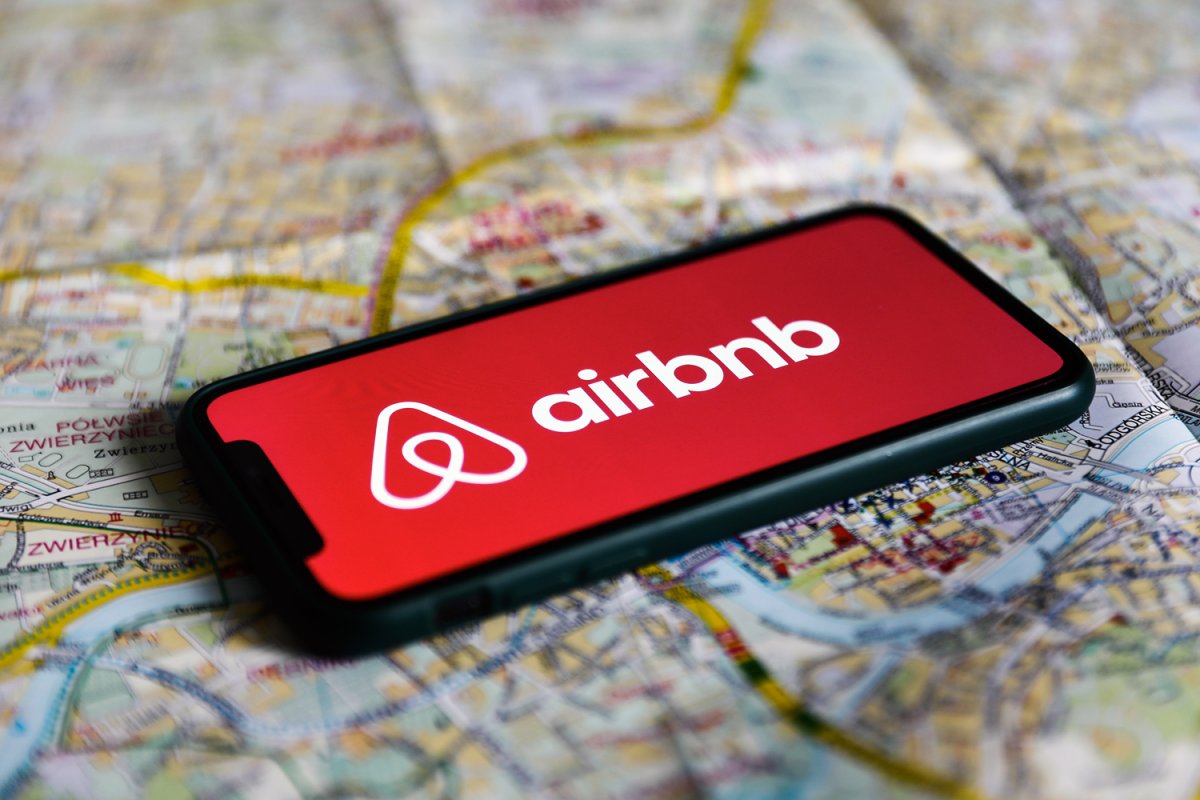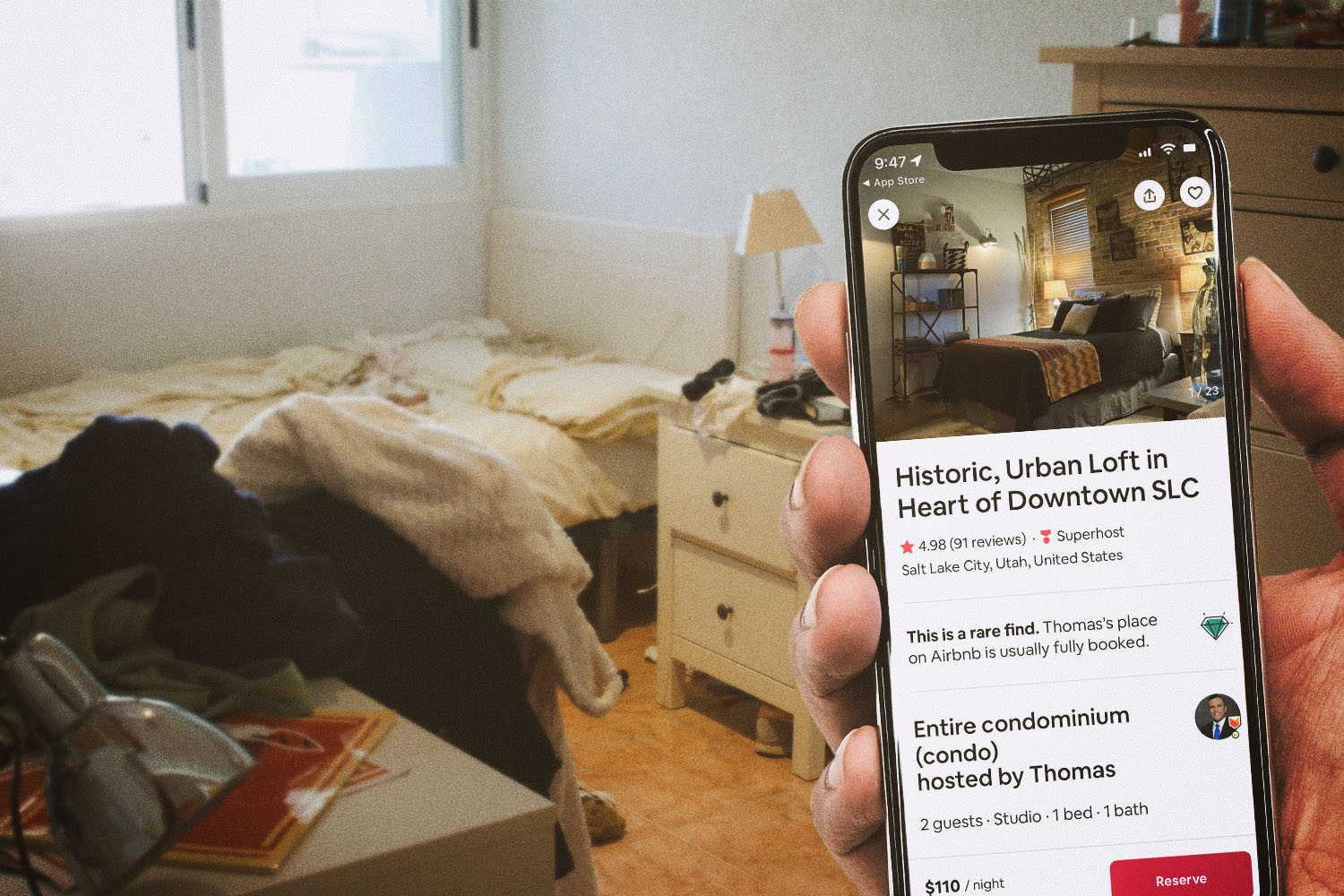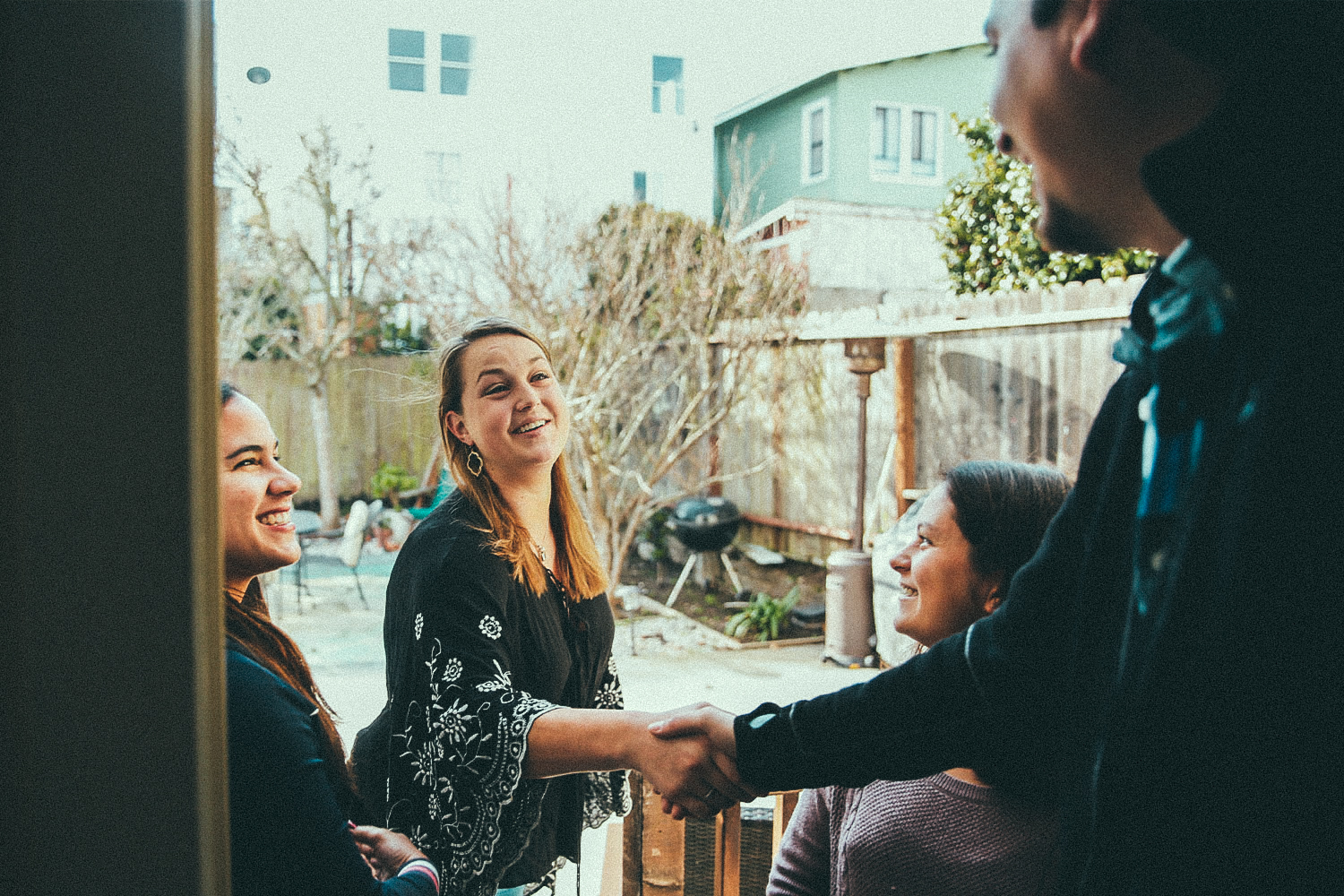In 2019, three Oregon women filed a class action lawsuit alleging that, by making guests’ full names and photos available to hosts, Airbnb was perpetuating discrimination. Per the lawsuit, doing so provided hosts with the opportunity to reject potential guests based on their race or other protected characteristics. Less than a year later, Airbnb settled the suit but now Oregon is taking action of its own.
Starting on January 31, according to a new report from Mashable, the state has ruled that guest’s first names will no longer be visible until the booking is officially confirmed by the host. Instead, only the guest’s initials will be made public. Only after the booking is confirmed will the host be able to see anything further.
“As part of our ongoing work, we will take any learnings from this process and use them to inform future efforts to fight bias,” Airbnb said in a release last month. “While we have made progress, we have much more to do and continue working with our Hosts and guests, and with civil rights leaders to make our community more inclusive.”
They’ve also reportedly changed the way profile photos are displayed to “encourage more objective bookings.”
That said, the change is only effective for two years, and Airbnb has yet to announce whether or not they intend to implement it anywhere outside of Oregon despite a long history of allegations surrounding discrimination. As Meera Navlakha points out, the hashtag #AirbnbWhileBlack has been in circulation on social media since 2016 and has been used hundreds of times since.
In response to the hashtag, which Airbnb CEO Brian Chesky called “concerning,” Airbnb implemented a “mandatory community commitment” to not discriminate on the basis of race, religion, age and gender. According to Chesky, 1.3 million people refused to take that pledge and were subsequently kicked off the platform.
It’s clear that Airbnb still has some work to do, though, particularly when taking into consideration that roughly 14,000 new hosts joined the platform each month in 2021. The issue is no less pertinent outside of Oregon, or the United States, for that matter. Nonetheless, the ruling in Oregon feels like a step in the right direction.
Thanks for reading InsideHook. Sign up for our daily newsletter and be in the know.

















